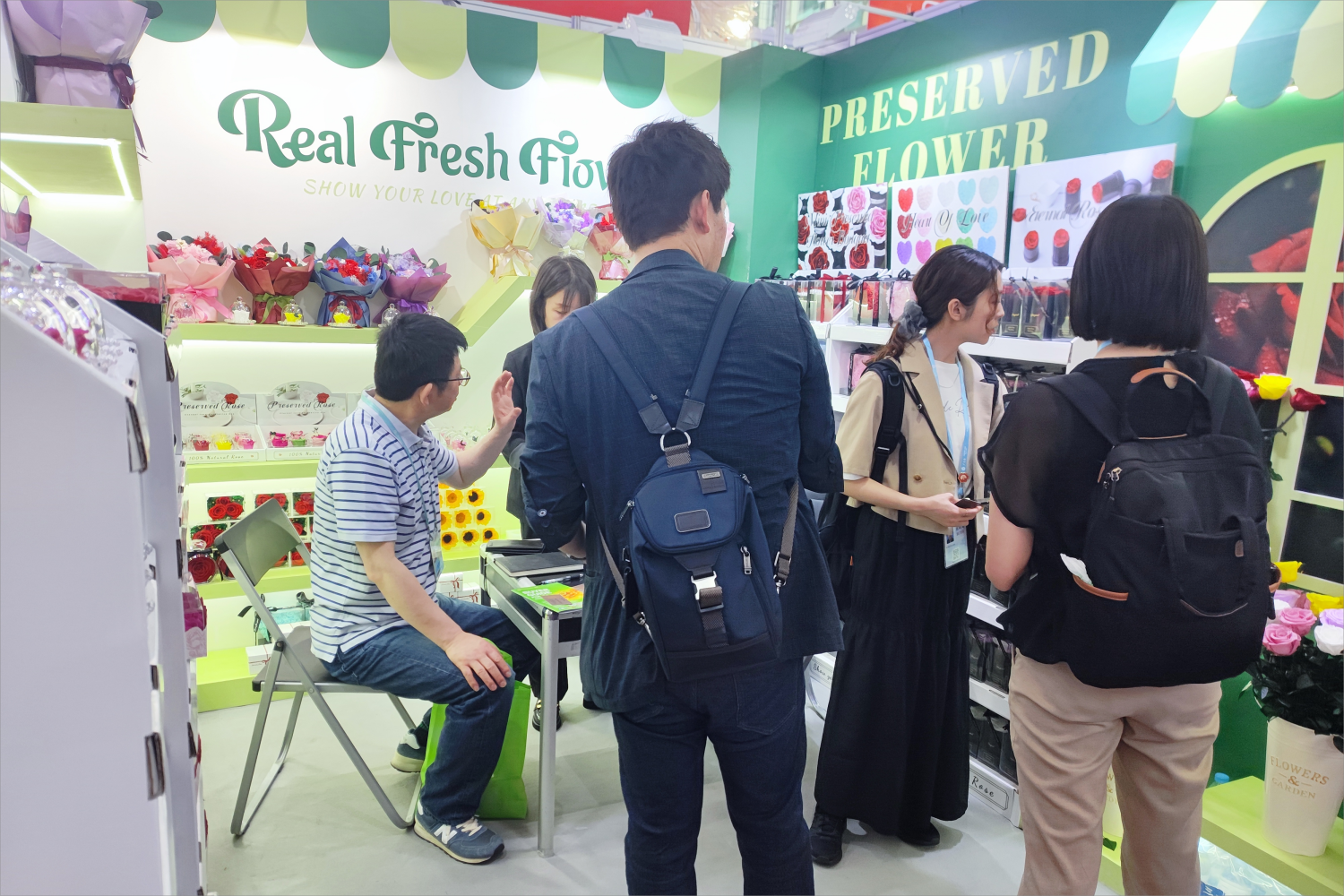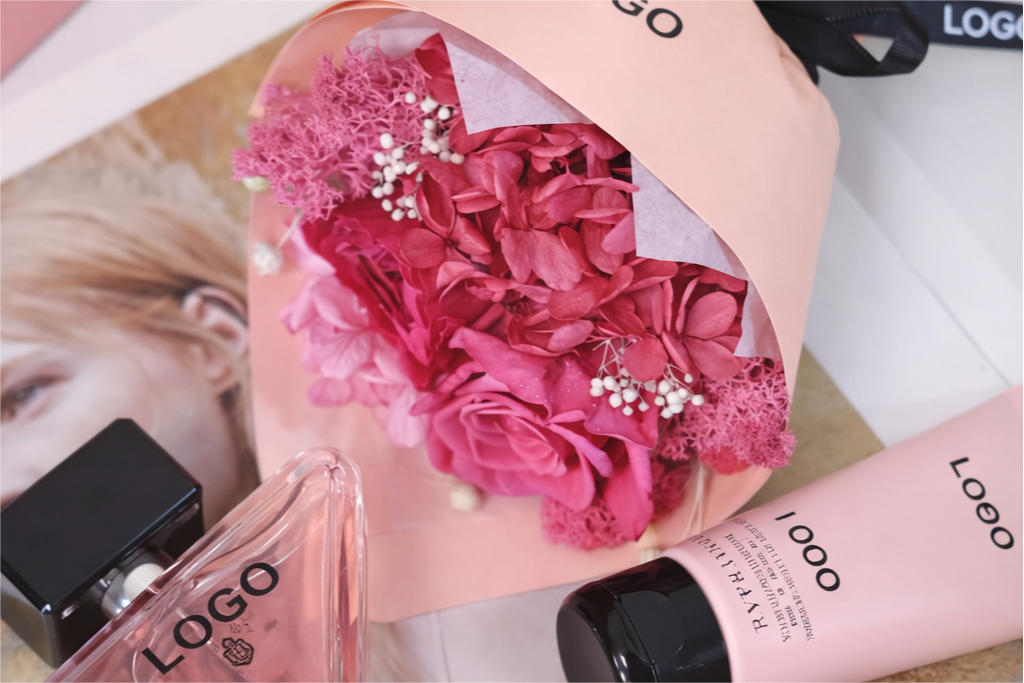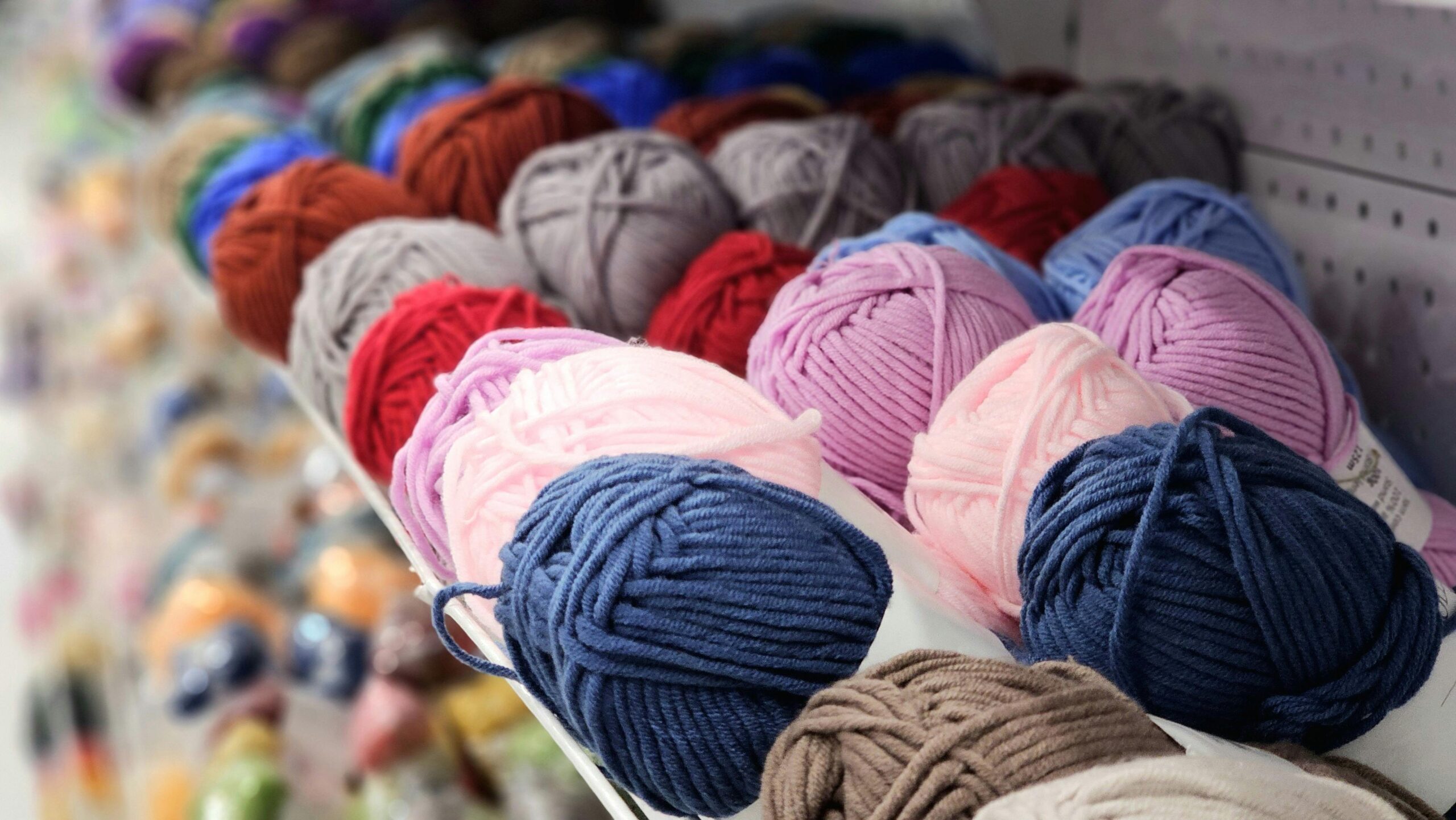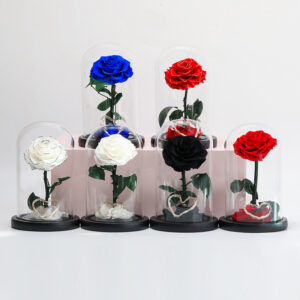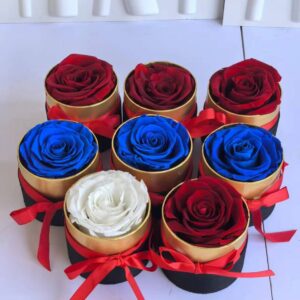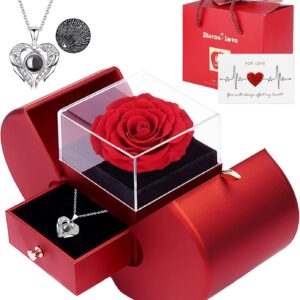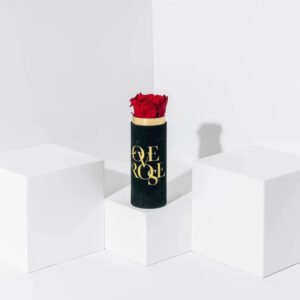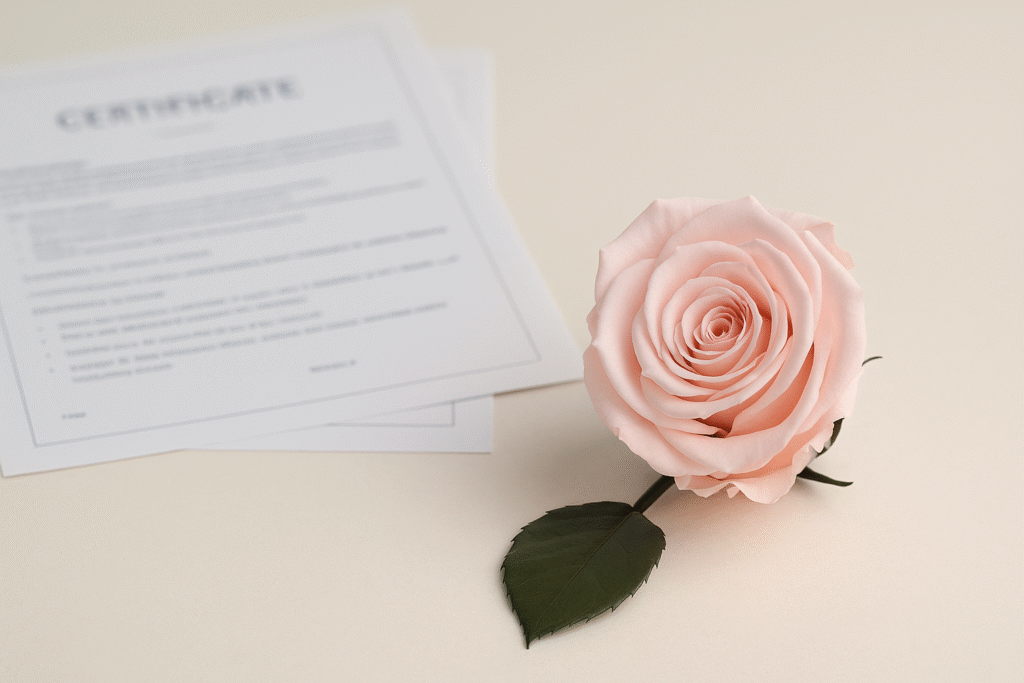
When I first started exporting eternal flowers (also known as preserved flowers) to Europe, I thought the process would be as easy as sending regular gift products. After all, they’re not fresh flowers, right?
But after helping dozens of European clients—from boutique florists to large chain stores—navigate customs regulations, I learned that understanding which certificates are truly required can mean the difference between a smooth delivery and a two-week delay at the border.
If you’re a European retailer or distributor considering importing eternal flowers from Asia, this guide will help you understand exactly what certificates are needed, what’s optional, and how to prepare for 2025’s stricter sustainability rules.
Step 1. How the EU Classifies Eternal Flowers
The first thing to know: eternal flowers are not considered living plants in the EU.
Instead, they fall under non-living decorative plant parts (usually HS code 0603.90 or 0604.90).
That single distinction saves you from many plant-health requirements. However, if your design includes natural moss, untreated branches, or bark, customs may still require proof that these materials are processed and safe.
👉 Tip: Always double-check your HS code with your freight forwarder before shipment. It takes five minutes and can prevent unnecessary delays.
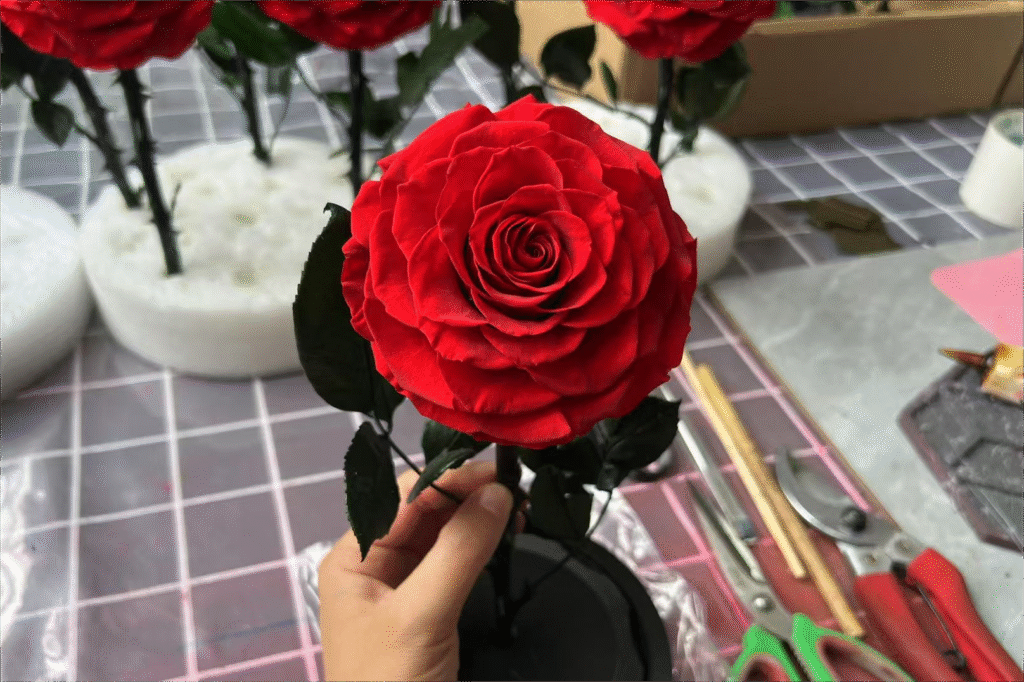
Step 2. Phytosanitary Certificates — When They Apply
Most eternal flowers do not need a phytosanitary certificate because they’re completely preserved and can’t grow again.
However, if your arrangement includes natural, unprocessed moss or vine, customs authorities in some EU countries might ask for one.
A phytosanitary certificate is issued by your exporter’s local agricultural department and costs very little compared to the trouble of having your goods held at the border.
At Sweetie-Gifts, we help clients confirm which shipments require it and prepare the paperwork in advance — it’s part of our standard export support.
Step 3. REACH Compliance — Chemical Safety Comes First
This is the certificate most European importers care about. Eternal flowers are treated with preservation liquids, dyes, and sometimes fragrances.
Under EU REACH Regulation (EC No. 1907/2006), all products containing chemical substances must be tested to ensure they don’t exceed limits for Substances of Very High Concern (SVHCs).
Here’s what you should look for:
- Third-party REACH SVHC Test Report showing that every listed substance is under 0.1% by weight.
- A clear statement that no restricted substances are used in dyes or stabilizing fluids.
This simple document makes customs clearance and brand audits stress-free. Many of our European partners request it before signing long-term supply agreements because it demonstrates transparency and reliability.
If you’d like our REACH checklist that we use internally before export, send a request to inquiry@sweetie-group.com.
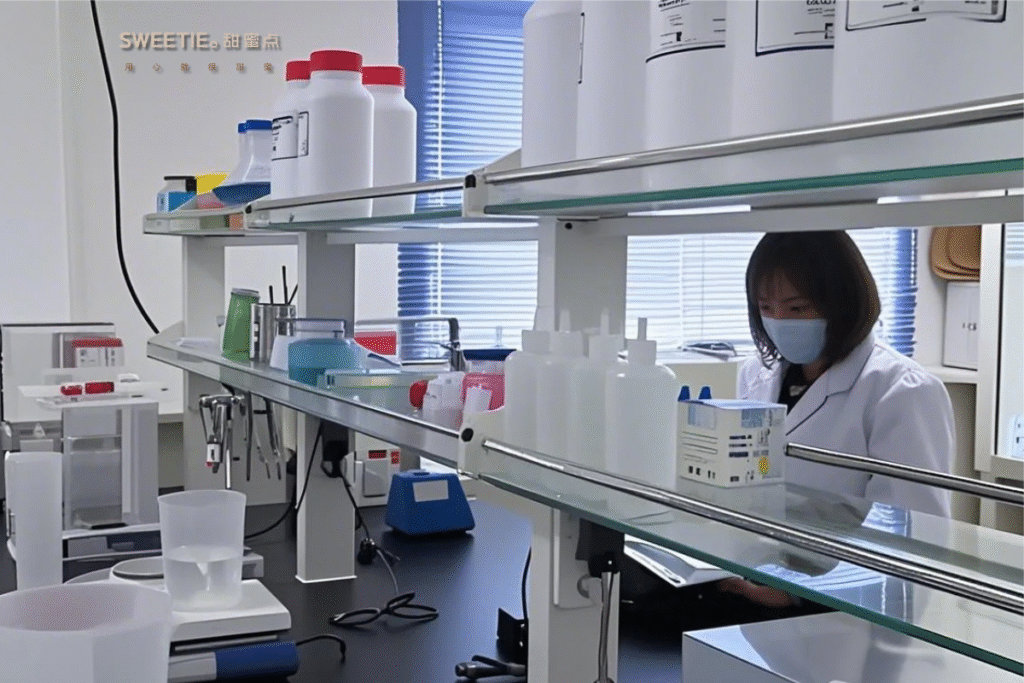
Step 4. Biocidal Regulations — The “Antibacterial” Question
Some eternal flowers are treated with anti-mold or antibacterial agents to maintain their appearance.
If your packaging or product description claims those properties (e.g., “anti-bacterial eternal rose”), you’ll need to comply with the EU Biocidal Products Regulation (BPR).
However, if you don’t advertise those effects, you typically don’t need separate certification.
Still, you should know what chemicals your supplier uses to stay compliant in case of random inspection.
Step 5. CITES — Avoid Hidden Risks
Most eternal roses are safe, but some decorative materials (like exotic mosses, lichens, or leaves) can fall under CITES protection.
If your flower design includes any rare or endangered botanical materials, you’ll need CITES export and import permits.
Before placing a bulk order, ask for the scientific names of all plant elements used and verify them against the CITES Appendices.
It’s rare, but a quick check can prevent expensive customs seizures.
Step 6. Packaging & Sustainability Rules
Even if your flowers are compliant, your packaging must meet EU environmental regulations.
Under the EU Packaging and Packaging Waste Directive (94/62/EC):
- Total heavy metals (lead, cadmium, mercury, chromium VI) must be under 100 ppm.
- Recyclability and labeling are becoming mandatory with the upcoming 2025 PPWR regulation.
In countries like Germany and France, importers must also register for EPR (Extended Producer Responsibility) systems and pay recycling fees annually.
At Sweetie-Gifts, we already use eco-friendly paper and PET materials, and we can provide full EPR documentation for our partners.
If you need ready-to-use packaging compliance templates, contact inquiry@sweetie-group.com.
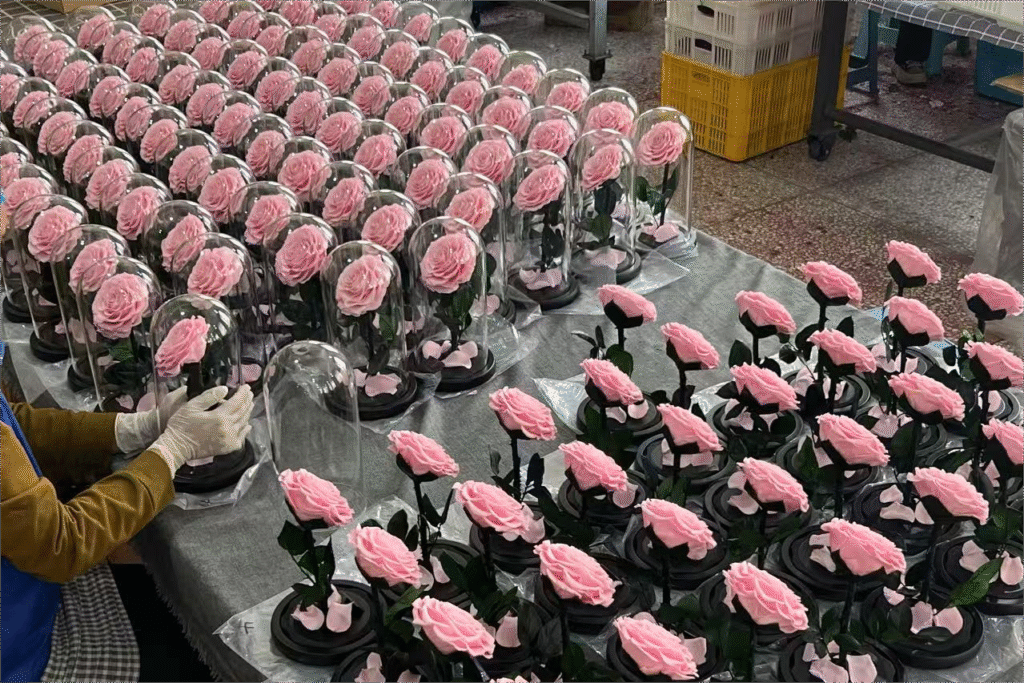
Step 7. Organizing Your Compliance Documents
Here’s a simple checklist we recommend keeping in one shared folder per product line:
| Certificate | When Needed | Purpose |
|---|---|---|
| Phytosanitary Certificate | Only for untreated natural materials | Plant health proof |
| REACH SVHC Report | Always recommended | Confirms chemical safety |
| Biocidal Declaration | When “anti-mold” or “antibacterial” claims are made | EU BPR compliance |
| CITES Permit | For rare or protected materials | Prevents customs seizure |
| EPR Registration | For Germany, France, Italy | Sustainability compliance |
Well-organized documentation not only builds buyer confidence but also speeds up customs clearance.
Step 8. Common Mistakes to Avoid
Here are the top five errors I’ve seen importers make:
- Applying for unnecessary phytosanitary certificates (they’re often not needed).
- Skipping REACH testing and getting flagged at customs.
- Using non-compliant dyes or adhesives.
- Ignoring EPR packaging registration.
- Not verifying plant names against the CITES list.
Every one of these can be avoided with a 15-minute compliance check before shipping.
Final Thoughts
Importing eternal flowers into Europe doesn’t have to be complicated.
Most shipments only require a REACH report and basic packaging compliance documents.
Phytosanitary or CITES permits apply only to certain materials, and biocidal compliance is simple if you know what’s in your treatment formula.
In my experience, the best importers aren’t just compliant—they’re prepared.
When your paperwork is organized, your products move faster, and your buyers see you as a professional, trustworthy partner.
At Sweetie-Gifts, we’ve been producing eternal flower gifts for over 16 years, supplying major European retailers and luxury brands.
We handle REACH testing, EPR packaging registration, and export documentation for you—so your eternal flowers arrive safely, beautifully, and right on schedule.
If you’re planning your next eternal flower order or want to ensure your imports meet all EU requirements, reach out at inquiry@sweetie-group.com.
We’ll gladly share our experience and guide you through every step.

Warm regards,
Annie Zhang
CEO, Sweetie-Gifts

